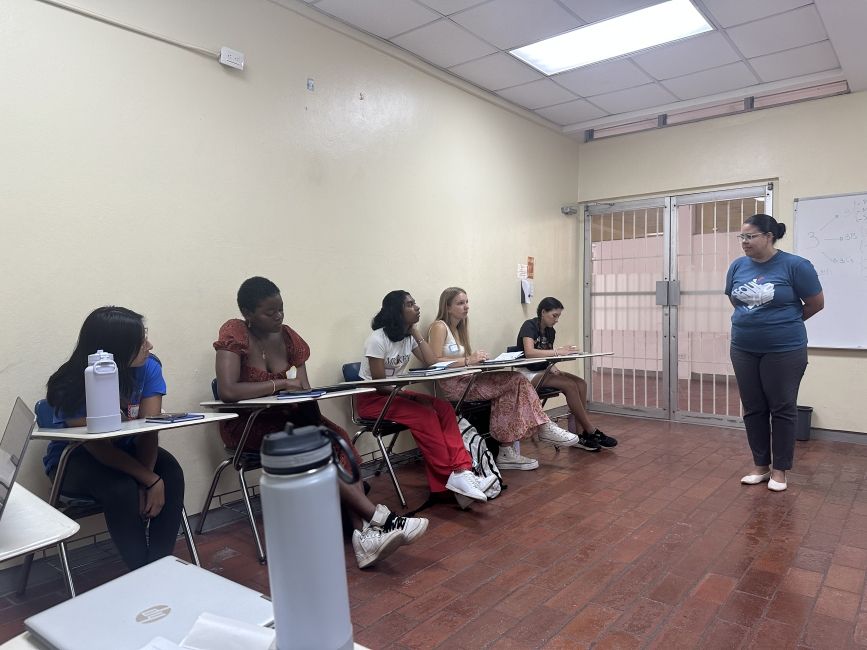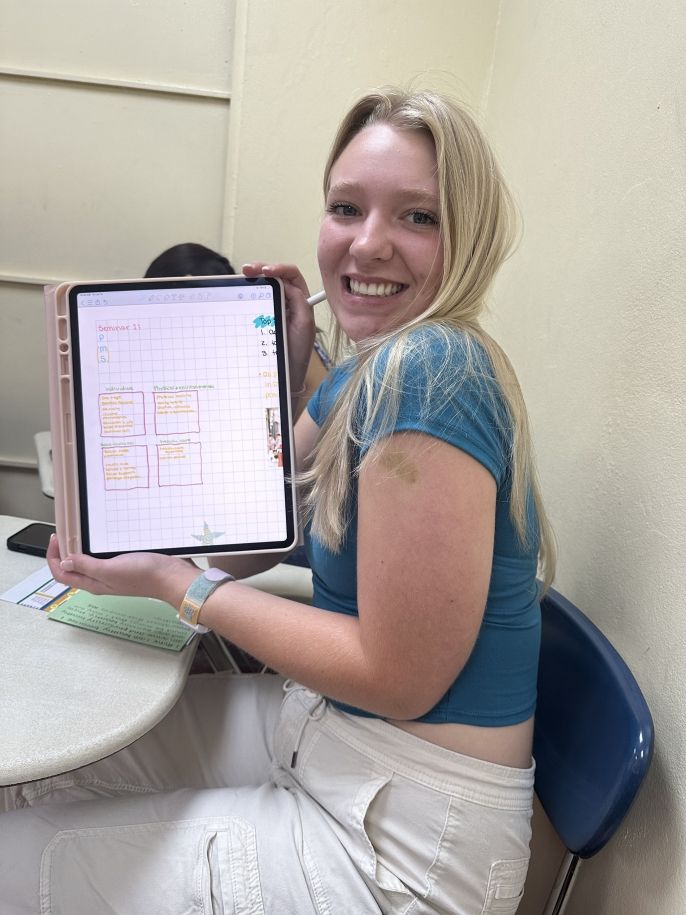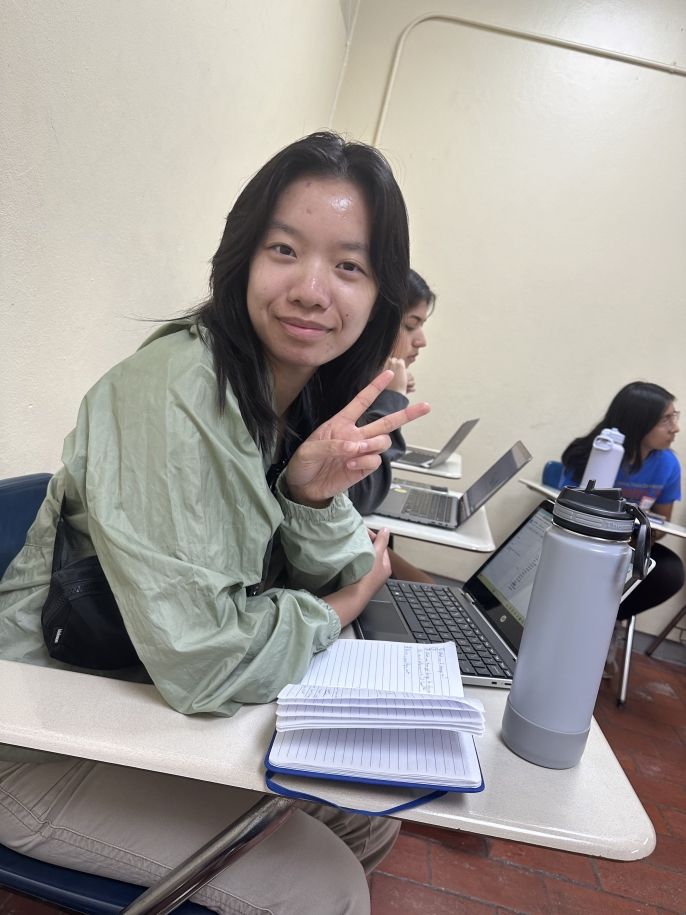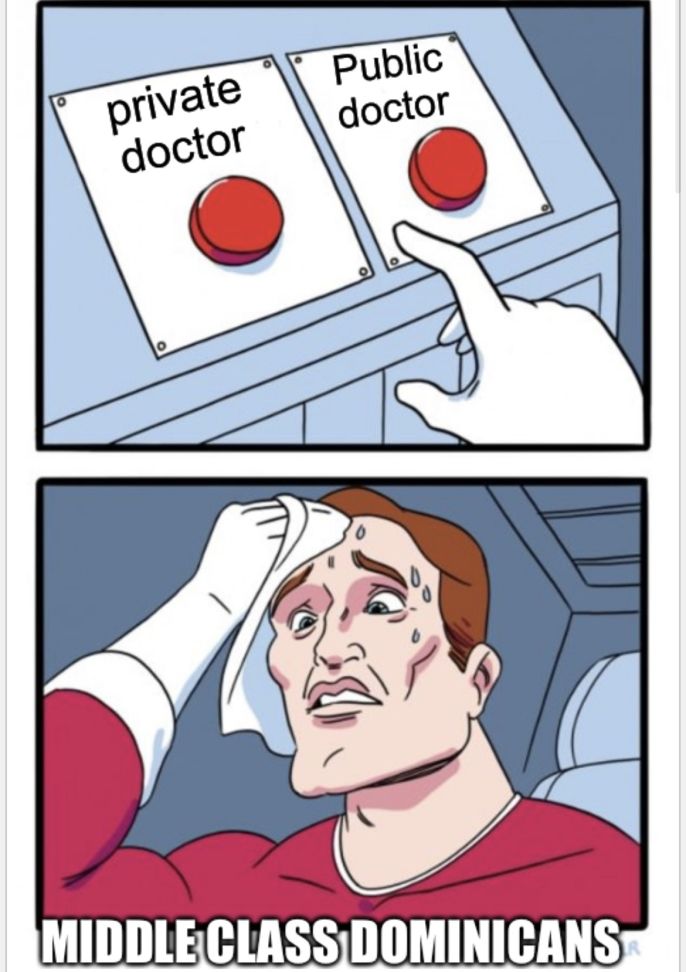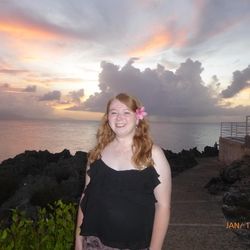Public Health Seminar With Dr. Michelle Jiménez
Today our group started the morning with our public health seminar led by professor Michelle Jimenez. We started off the class with a fun activity. The students took what they learned from our previous class and made it into a meme picture relating to what is and is not public health. Next we watched a video and had a discussion about the social determinants of health.
The social determinants of health discussed were health inequities and structural determinants. Parental decisions of children affect their health such as what structures are at home, extra-curricular activities, education, food, genetics, etc. Social determinants include ethnicity, the political system, geographical location, etc. The Caribbean has different risk factors and issues than what are risk factors in the U.S. Our major takeaway of the discussion is that health is complex, dynamic, and flexible.
One of our students, Devika Reni from Charolette, North Carolina, stated, “Dr. Michelle taught us about how public health is connected to a variety of different aspects of society such as environment, culture, and your socioeconomic status; and one cannot think about public health properly without acknowledging those factors. We learned that public health professionals and clinical medical professionals need to work together in order to provide the best care to a community”.
During the second half of class students sorted different social determinants of health (SDH) into four categories: individual factors, socio-cultural factors, physical and environment factors, and relation to healthcare factor. Some examples of the SDH’s they sorted were eating habits, water and sanitation, garbage disposal, health policies, governance, and more. Students discussed the differences from their home cities in the U.S. and in the Dominican Republic.
Caroline Crosnoe from Austin, Texas stated her take, “Today we learned about how social determinants like race, gender, socioeconomic status, culture, taboos etc. play key roles in access to healthcare. For example, here in the Dominican Republic, despite public healthcare being free, many choose to pay for private services because community clinics are wrongly associated with poverty.”
Alison Coria-Tarazona from Burke, Virginia stated, “Our public health class has been full of significant information that we as individuals can use to make a positive difference in our community. We learned about what exactly public health is and how various factors in the DR impact one’s health”.
We are excited to continue learning with Dr. Michelle and having open discussions with our classmates!
Related Posts
Finding Inspiration Everywhere
Hospitals Tours CIEE Public Health program had the opportunity to tour one public and private hospital to understand the fundamental differences. Hospital Regional Jose Maria Cabral y Baez was the... keep reading
Overnight Adventure: Days to Remember
Friday: A Thrilling Start to Our Overnight Trip The excitement was palpable as we embarked on our much-anticipated overnight trip. We began by gathering all the students from their homestays... keep reading
A Weekend of Learning, Bonding, and Sustainability: From Cassava to Carnival
Saturday: Cassava Factory and Glamping On Saturday morning, we woke up earlier than usual, eager for our adventure. We hopped on the bus and headed to Mao for a unique... keep reading
